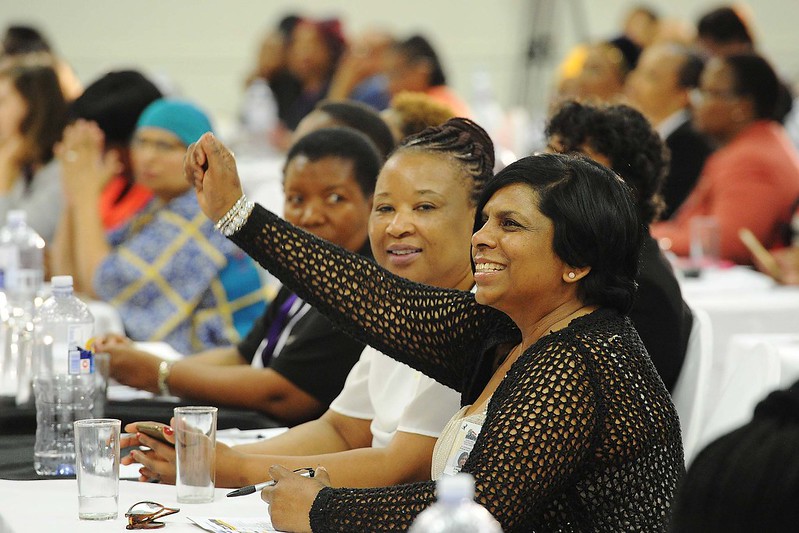Understanding GBV in Uganda
 According to the European Commission, gender-based violence (GBV) targets individuals based on their gender or disproportionately affects certain genders, often impacting women and children the most. In Uganda, GBV remains a significant issue, with statistics between 2018 and 2020 indicating an average of 5,000 new cases reported annually. This figure likely underrepresents the true extent of the problem. The violence affects not only Uganda’s national population but also the roughly 1.5 million refugees who have sought safety within the country.
According to the European Commission, gender-based violence (GBV) targets individuals based on their gender or disproportionately affects certain genders, often impacting women and children the most. In Uganda, GBV remains a significant issue, with statistics between 2018 and 2020 indicating an average of 5,000 new cases reported annually. This figure likely underrepresents the true extent of the problem. The violence affects not only Uganda’s national population but also the roughly 1.5 million refugees who have sought safety within the country.
GBV Uganda Projects
GBV Uganda Projects, an organization that provides funding in the form of loans, supports projects and small businesses that pay back their loans upon becoming profitable. These ongoing initiatives often focus on sustainability and include practical training for individuals to start their businesses. A key partner, SUP Community Initiatives Africa, began as a Community-Based Organization in 2013, targeting vulnerable individuals and communities in rural and slum areas. It registered as a Nongovernmental Organization (NGO) in 2022, with a mission to empower individuals and communities to address their vulnerabilities effectively.
Empowerment Through Tailoring Projects
GBV Uganda Projects has established a tailoring training initiative that includes building a training center and offering year-long courses in fashion design for 20 women and girls who had to leave school due to abuse. As of June 2024, these participants are taking exams, with a new group set to start in July 2024 and continue until December. This project underscores the organization’s belief that tailoring could be a viable path out of poverty, which often intersects with gender-based violence.
Youth Sport Uganda offers a six-month tailoring program that includes internships, helping 71 participants so far to launch their businesses and support their families. Similarly, The Followings Foundation runs the BEC Tailoring program, equipping individuals with not only tailoring skills but also essential business skills like machine maintenance, record-keeping and financial management, further enhancing their ability to be self-sufficient.
The Importance of Funding
GBV Projects Uganda successfully launched its tailoring initiative, funded by a £14,000 grant from the Welsh Government’s Wales and Africa Grant Scheme/Hub Cymru Africa. This financial support from international donors has enabled 20 participants to acquire crucial life skills, providing opportunities that would have otherwise been inaccessible. Despite these successes, the World Bank notes that prevention programs for gender-based violence in Uganda remain fragmented and limited in scope. This fragmentation often leads to less effective programming, as funding sources like the Wales and Africa Grant Scheme vary by project.
Recommendations and Global Efforts
In 2020, significant strides were made as the United Nations (U.N.), Uganda’s Ministry of Gender, Labour and Social Development and the Office of the Prime Minister collaborated to enhance systems addressing gender-based violence (GBV), focusing particularly on the vulnerabilities of refugee populations. This initiative was informed by findings from the Development Response to Displacement Impacts Project. By 2023, the United Nations Refugee Agency (UNHCR) reported the successful implementation of the “SASA! Together model” and “the Girl Shine approach” in Uganda. These programs are part of a broader international effort to mitigate GBV. Since 2019, the Spotlight Initiative has also been instrumental, training more than 900 individuals to assist GBV victims, marking a significant advancement in local and global efforts against gender-based violence.
Looking Ahead
Efforts to address gender-based violence in Uganda are making strides through targeted initiatives and international collaboration. Programs like those run by GBV Uganda Projects provide essential training and support, empowering individuals to achieve financial independence and stability. Support and funding could be essential in expanding these ongoing initiatives and enhancing their effectiveness. This can potentially ensure progress in combating gender-based violence in the region.
– Rachael Denton-Snape
Rachael is based in High Wycombe, UK and focuses on Global Health for The Borgen Project.
Photo: Flickr
